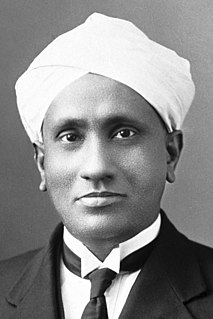A Quote by Stephen Jay Gould
Science is not a heartless pursuit of objective information; it is a creative human activity.
Quote Topics
Related Quotes
I set out to show that there exists single creative activity,which is displayed alike in the arts and in the sciences.It is wrong to think of science as a mechanical record of facts, and it is wrong to think of the arts as remote and private fancies. What makes each human, what makes them universal, is the stamp of the creative mind.
Creativity has nothing to do with any activity in particular - with painting, poetry, dancing, singing. It has nothing to do with anything in particular. Anything can be creative - you bring that quality to the activity. Activity itself is neither creative nor uncreative. You can paint in an uncreative way. You can sing in an uncreative way. You can clean the floor in a creative way. You can cook in a creative way. Creativity is the quality that you bring to the activity you are doing. It is an attitude, an inner approach - how you look at things.
The question for the ultimate foundations and the ultimate meaning of mathematics remains open; we do not know in which direction it will find its final solution nor even whether a final objective answer can be expected at all. "Mathematizing" may well be a creative activity of man, like language or music, of primary originality, whose historical decisions defy complete objective rationalization.
The most important feature of an information economy, in which information is defined as surprise, is the overthrow, not the attainment, of equilibrium. The science that we have come to know as information theory establishes the supremacy of the entrepreneur because it appreciates the powerful connection between destruction and what Schumpeter described as "creative destruction," between chaos and creativity.
The term "informatics" was first defined by Saul Gorn of University of Pennsylvania in 1983 (Gorn, 1983) as computer science plus information science used in conjunction with the name of a discipline such as business administration or biology. It denotes an application of computer science and information science to the management and processing of data, information and knowledge in the named discipline.
In an information economy, entrepreneurs master the science of information in order to overcome the laws of the purely physical sciences. They can succeed because of the surprising power of the laws of information, which are conducive to human creativity. The central concept of information theory is a measure of freedom of choice. The principle of matter, on the other hand, is not liberty but limitation- it has weight and occupies space.
Science is a human activity, and the best way to understand it is to understand the individual human beings who practise it. Science is an art form and not a philosophical method. The great advances in science usually result from new tools rather than from new doctrines. ... Every time we introduce a new tool, it always leads to new and unexpected discoveries, because Nature's imagination is richer than ours.


































